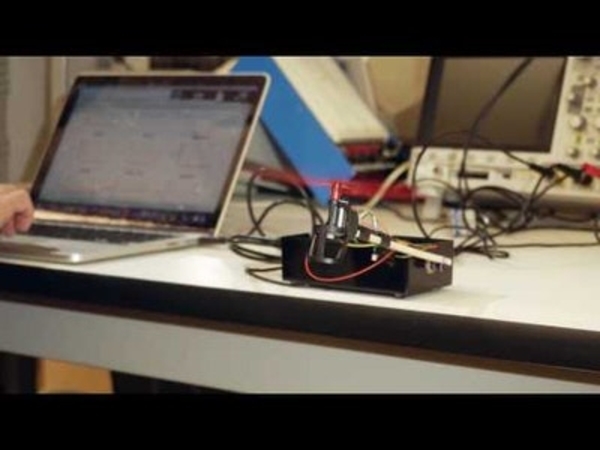Price:
4215 EUR
Contact
Massachusetts Institute of Technology
Description
Have you wondered about the design strategies behind temperature controllers, quad-copters, or self-balancing scooters? Are you interested in robotics, and have heard of, or tried, “line-following" or “PID control” and want to understand more?
Feedback control is a remarkably pervasive engineering principle. Feedback control uses sensor data (e.g. brightness, temperature, or velocity) to adjust or correct actuation (e.g. steering angle, motor acceleration, or heater output), and you use it all the time, like when you steer a bicycle, catch a ball, or stand upright. But even though applications of feedback are very common, the subject is an uncommonly compelling example of mathematical theory guiding practical design. In this engineering course we will introduce you to the theory and practice of feedback control and provide a glimpse into this rich and beautiful subject.
Each week we will begin with a mathematical description of a fundamental feedback concept, combined with on-line exercises to test your understanding, and will finish with you designing, implementing, measuring, and analyzing a hardware system, that you build, for controlling a propeller-levitated-arm feedback system.
You will not need a background in calculus or software engineering to succeed in this class but you should be familiar with algebra and mechanical forces, have some exposure to complex numbers, and be comfortable with modifying mathematical formulas in short computer programs.
This is a lab course, and in order to complete the weekly assignments, you will need to purchase/acquire a list of parts. To make sure you receive your parts before the class begins, you should register promptly, so that you can access the lists of parts and international vendors.
Specific details
Category of Education
Technology and Engineering







 How to resolve AdBlock issue?
How to resolve AdBlock issue? 


Comments (0)